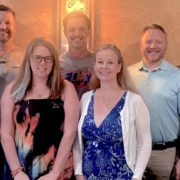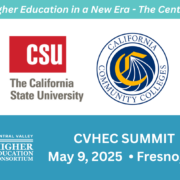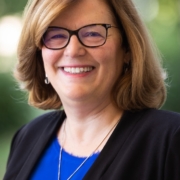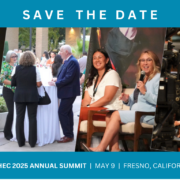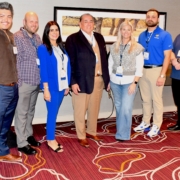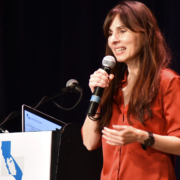[UPDATE APRIL 24, 2025]: the WeWill Program has approximately three seats open for the English cohort. Interested high school teachers may sign up for an information session at the National […]
Valley’s higher ed CEOs to convene at CVHEC Summit 2025 Complete College America will provide national perspective; summit topics announced BY TOM URIBES CVHEC Communications Coordinator As educators across […]
CCC Chancellor Sonya Christian to deliver keynote at Central Valley Dual Enrollment Convening Feb. 3 in Fresno Agenda includes pre-conference session for schools new to dual enrollment Dr. Sonya […]

